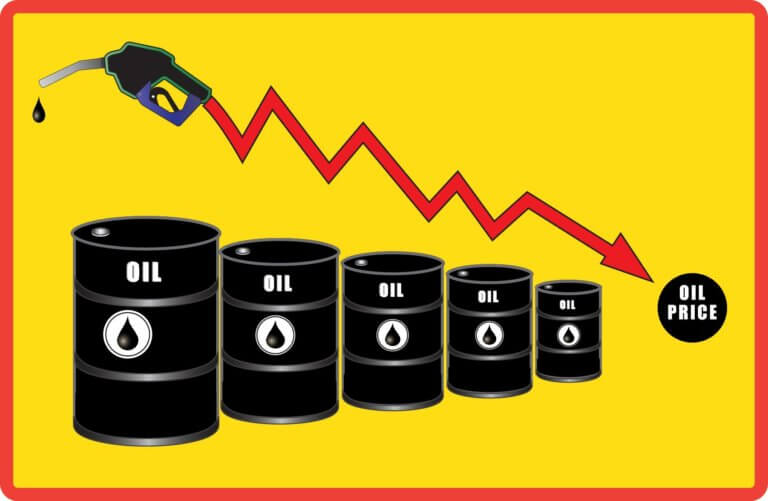Short-term thinking is distorting the debate on our energy future, risking investment and opportunity, according to Confederation of British Industry (CBI) deputy director-general Katja Hall.
And in a new CBI poll of over 550 business leaders and 2,300 households, businesses rate security of supply as a crucial energy objective for the UK, with 73% citing it as very important.
Over half of businesses (57%) also think the UK’s energy security is worse than it was five years ago, reflecting that capacity margins are likely to hit a low next winter.
Businesses and households are concerned about keeping energy bills affordable (96% of businesses and 94% of households rating this as important or very important). And both groups support the UK’s aim to tackle climate change (70% of businesses and 76% of households rating this as important or very important).
In a speech to the CBI Energy Conference in London today, Hall said: “The outcome we all want to see is politicians, investors, business users and consumers finding common ground – working together to tackle our energy and climate change objectives.
“Long-term certainty is needed but just as policies start to click into place, the political climate heats up again. It feels like a game of snakes and ladders.
“One careless comment or populist proposal – whether we’re talking about cutting support for onshore wind farms or freezing energy prices – can make businesses feel like they’re right back at square one.
“For investors, this is a real worry. And when that investment can go anywhere in the world, it should be a real worry for politicians too.”
While 60% of business leaders and 56% of households believe that taking action now to cut carbon emissions will deliver long-term economic opportunity, one in three businesses disagree (32%), and nearly one in four consumers are unsure (23%), suggesting more must be done to communicate the importance of, and opportunity presented by, the low-carbon transition.
Businesses and households also believe energy company profits are a key reason for energy price rises (53% of business leaders and 61% of consumers citing this as the main reason for energy price rises), perhaps indicating a lack of trust in the market. Profits accounted for only 4.3% of an average bill in 2012.
Hall said: “We must inject long-term thinking into this debate. We need an honest conversation about future bills and how to support businesses and consumers in managing them.
“People don’t necessarily get how our energy objectives relate to each other, let alone how they relate to the bills they pay each quarter, leading to a lot of misunderstanding and mistrust.
“With profits very much under the spotlight, it’s important to remember that companies need to make a fair return in order to make the investments we so desperately need. But it’s right to demonstrate to consumers that there is nothing to hide.”
Both business leaders (47%) and consumers (38%) think that more competition in the market is the best way to keep future bills down. After this, 38% of businesses and 35% of consumers cited energy efficiency as the best solution to ensuring energy costs remain affordable.
“Energy efficiency has for too long been the poor relation in this debate. We need investment in supply but this must be combined with a renewed push to cut our energy usage,” Hall said.
“To date, we have over-promised and under-delivered. Energy efficiency needs to move up the rankings and be seen as a critical investment.”
























